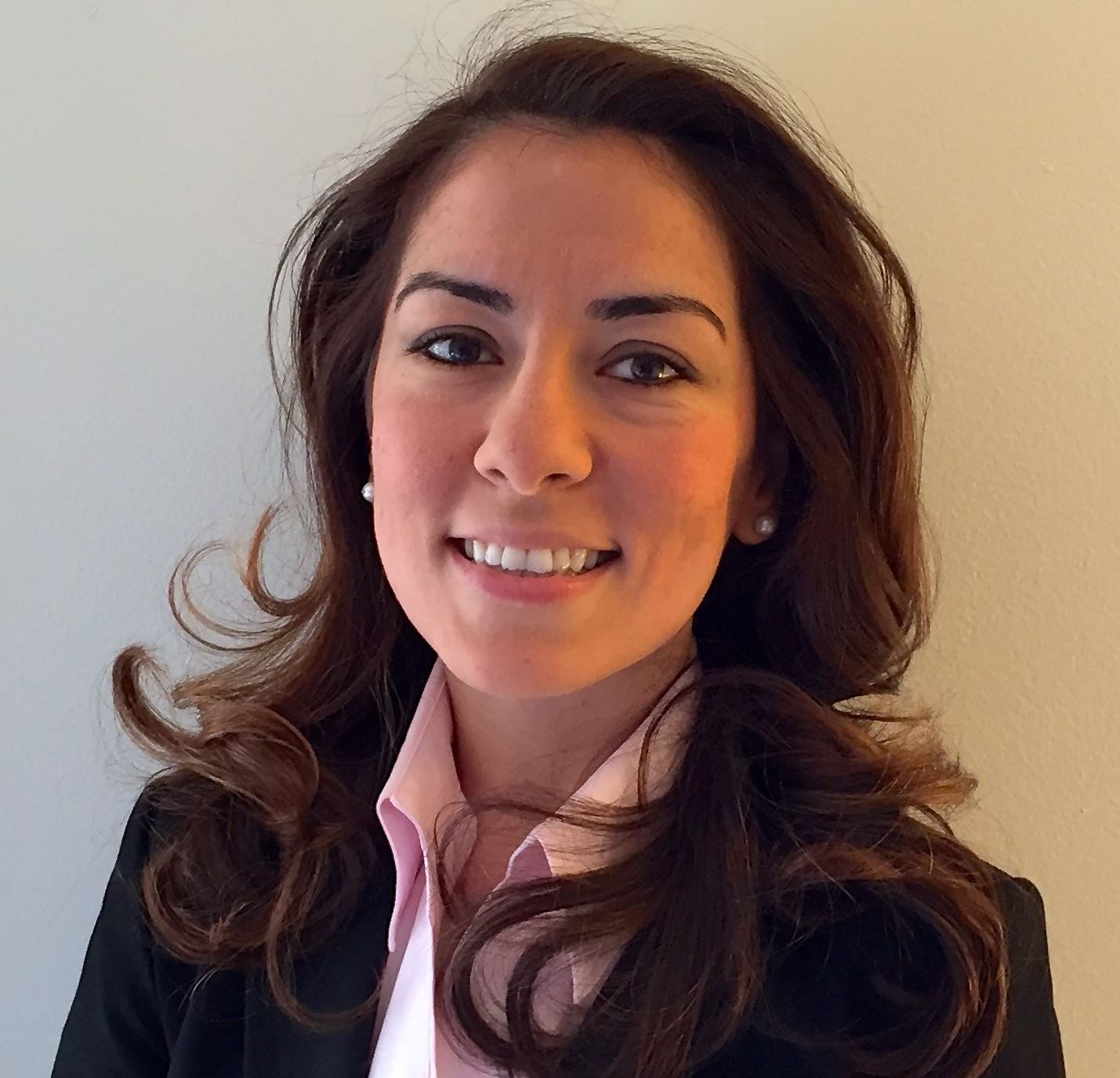  |
 |
 |
       |
 |
| Lab
Director |
|
Ira A. Tabas, MD, PhD
Vice-Chairman of Research, Department
of Medicine, Columbia University
Professor of Medicine and Anatomy &
Cell Biology (in Physiology and Cellular
Biophysics)
Columbia University College of Physicians
and Surgeons
Click for bio |
|
| Faculty Consultant for Lab |
|
Lale Ozcan
lo2192@columbia.edu
Dr. Lale Ozcan received her medical degree from Istanbul University Cerrahpasa School of Medicine and did a postdoctoral work at Harvard University focusing on mechanisms linking metabolic stress with insulin resistance. She then joined the laboratory of Dr. Ira Tabas at Columbia University where she studied the detailed signaling pathways and mechanisms underlying excessive glucose production and altered hepatic insulin signaling in obesity. Dr. Ozcan is currently a tenure-track Assistant Professor in the Department of Medicine at Columbia University and her work focuses on exploring novel signaling pathways that control metabolic homeostasis with the ultimate goal to provide new therapeutic options for metabolic diseases. |

|
| |
|
|
Lab Members |
|
Kleopatra Avrampou
ka2897@cumc.columbia.edu
Kleopatra attended the master's program of Molecular Biology-Biomedicine at the University of Crete & IMBB Institute in Greece and performed her master's thesis as a visiting student at Icahn School of Medicine in Mount Sinai. In 2021, she finished her Ph.D. obtained from the University of Crete, as a visiting grad student at Mount Sinai and NYU Langone Medical Center investigating the molecular and cellular mechanisms activated in response to systemic and cellular stress. In 2022, she joined Tabas's lab to explore macrophage metabolic pathways, cellular crosstalk, and cellular stress in atherosclerosis. |
|
| |
|
George Kuriakose
gk41@columbia.edu
George is from Kerala, India. He received
his B.Sc. in Biology from Kerala
University
and M.Sc. in Biology from Mahatma Gandhi
University, Kerala. He came to U.S.A.
in
1992 and started working in the Department
of Ophthalmology, Columbia University
as
a Research Staff Associate. In 1997 he moved
to the Tabas Lab as a Senior Research
Worker.
His primary responsibilities include (a)
maintaining and breeding various
transgenic
and knockout mouse lines; (b) sectioning
of OCT embedded and paraffin mouse
tissue
samples; (c) histological staining and
immunohistochemical analysis; (d)
quantitation and qualitative
analysis of atherosclerotic lesions in
aortic arch with computer-aided
imaging systems;
(e) isolating primary human and murine
cells, and maintaining a wide variety
of immortal
cell lines; (f) PCR, Southern and Western
analysis; (g) standard molecular
biology
techniques; (h) bone marrow transplantation
in mouse; (i) extracting and purifying
human,
rabbit and mouse plasma lipoprotein (VLDL,
LDL and HDL) by preparative ultra
centrifugation;
(j) isotopic labeling (14C, 3H, 125I) of
various cholesterol and protein components
of lipoproteins for studying lipoprotein
trafficking via endocytic and selective
uptake pathways; (k) TLC and FPLC; and
(l)
Protein purification by column chromatography. |
|
| |
|
David Ngai
dhn2111@cumc.columbia.edu
David completed his PhD in the Department of Laboratory Medicine and Pathobiology at the University of Toronto, Canada, in 2021. For his thesis, he investigated the role of the collagen-binding receptor tyrosine kinase, Discoidin Domain Receptor-1 (DDR1), in vascular smooth muscle cell mechanosignaling and how this contributes to pathologies such as vascular calcification. He joined the Tabas lab in July 2021 to investigate how metabolites produced by shifts in macrophage metabolism during efferocytosis help to drive further apoptotic cell clearance and inflammation resolution. |
|
| |
|
Hongxue Shi
hs3205@cumc.columbia.edu
Hongxue Shi received his M.S. degree in Pharmacology from Wenzhou Medical University, China in 2013. In 2018, he finished his Ph.D. training in Pharmacology and Toxicology in University of Louisville, KY. His research interests in environmental pollutant exposure-induced fatty liver diseases. After one and half years postdoc research training in Northwestern University, Chicago, he joined Dr. Tabasís Lab in 2019 as a research scientist to investigate the role of efferocytosis in non-alcoholic steatohepatitis (NASH) development and progression. |
|
| |
|
Santosh Reddy Sukka
srs2302@cumc.columbia.edu
Santosh received his Master’s degree in Pharmacology from JNTU-Hyderabad, India, in 2012. He then joined CSIR-Central Drug Research Institute, India as a research scholar. In January 2021, he completed his Ph.D. at the Department of Pharmacology of the CSIR-Central Drug Research Institute, India, where he explored novel immunometabolic mechanisms regulating cardiometabolic disorders. He joined the Tabas laboratory at Columbia University in March 2021 with an interest in how macrophages metabolize the cargo of engulfed and degraded apoptotic cells and how this metabolism affects macrophage biology relevant to the progression and regression of atherosclerosis besides macrophage cellular senescence, particularly in the area of plaque regression. |
|
| |
|
Xiaobo Wang
xw2279@columbia.edu
Xiaobo Wang received his PH.D. degree in 2008 from China Agricultural University in Beijing, China. After three years postdoctoral research working on the smooth muscle gene expression during smooth muscle cell phenotypic modulation in Albany Medical College, Xiaobo joined Dr. Tabas’ lab as a research scientist to focus on macrophage apoptosis during atherosclerosis. |
|
|
|
|
Copyright
© 2022 Ira Tabas, MD, PhD. All Rights Reserved.
|
|
|